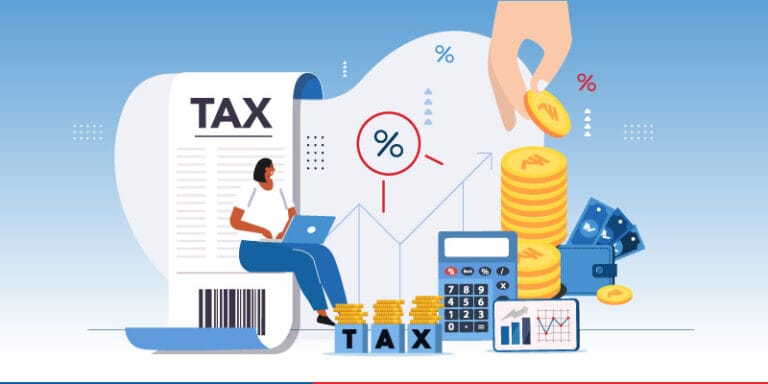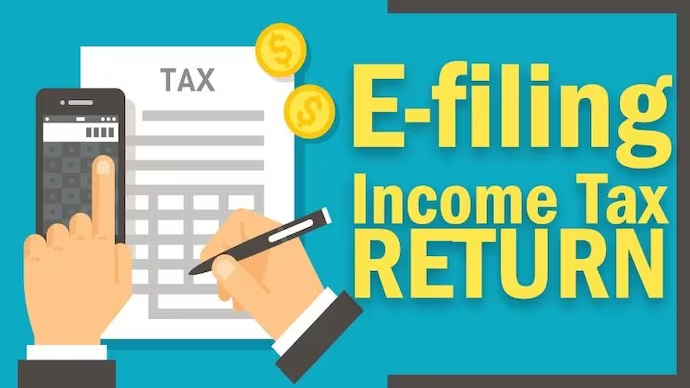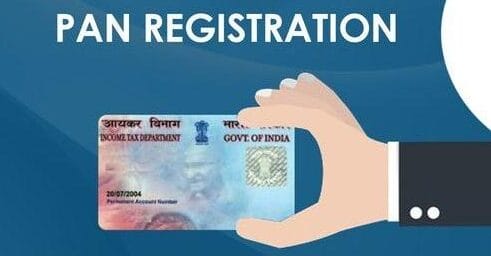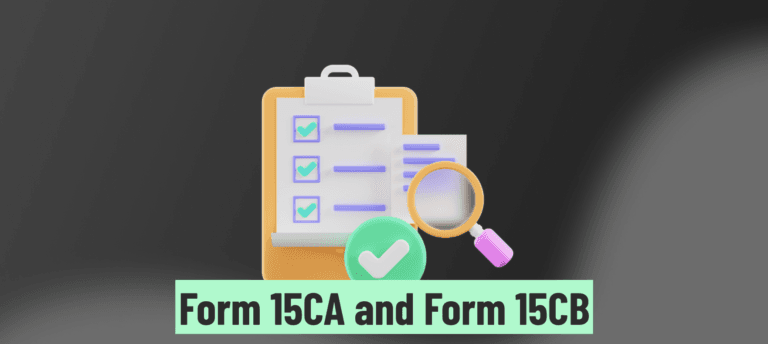Receiving a tax notice from the Income Tax Department can be daunting, but timely and appropriate responses are crucial to ensure compliance and avoid penalties. Tax notices are issued for various reasons, including discrepancies in tax returns, non-compliance, or additional information requirements. Here’s a comprehensive guide on how to adhere to tax notices in India:
Types of Tax Notices
- Notice under Section 139(9): Defective return notice.
- Notice under Section 143(1): Intimation for tax demand or refund.
- Notice under Section 142(1): Inquiry before assessment.
- Notice under Section 143(2): Scrutiny notice for detailed assessment.
- Notice under Section 148: Income escaping assessment.
- Notice under Section 156: Demand notice.
- Notice under Section 245: Set-off of refunds against tax remaining payable.
Steps to Adhere to Tax Notices
1. Carefully Read the Notice
- Understand the reason for the notice, the specific sections invoked, and the details required.
2. Verify the Authenticity
- Ensure the notice is legitimate by checking for the correct PAN, assessment year, and notice details on the Income Tax Department’s e-filing portal.
3. Assess the Information Required
- Identify the documents or information needed to respond to the notice.
4. Consult a Tax Professional
- Seek advice from a Chartered Accountant (CA) or tax consultant to understand the implications and prepare an appropriate response.
5. Prepare Your Response
- Gather all required documents such as bank statements, tax return copies, Form 16/16A, investment proofs, etc.
- Draft a response addressing all points raised in the notice.
6. File the Response Online
- Log in to the Income Tax Department’s e-filing portal.
- Navigate to the ‘e-Proceedings’ section and select the relevant notice.
- Upload the response and any supporting documents.
7. Maintain Records
- Keep a copy of the notice, your response, and all supporting documents for future reference.
8. Follow Up
- Monitor the status of your response on the e-filing portal and respond promptly to any further queries.
Specific Actions Based on Notice Type
- Section 139(9) – Defective Return Notice:
- Correct the defect within 15 days of receiving the notice.
- Revise the return and submit it online.
- Section 143(1) – Intimation:
- Review the intimation for any discrepancies between your filed return and the department’s calculations.
- Pay any outstanding tax or claim a refund if applicable.
- Section 142(1) – Inquiry Before Assessment:
- Submit the required information/documents within the specified deadline.
- Ensure all details are accurate and complete.
- Section 143(2) – Scrutiny Notice:
- Attend the hearing on the specified date with all relevant documents.
- Cooperate with the assessing officer and provide all requested information.
- Section 148 – Income Escaping Assessment:
- File a return or a revised return for the relevant assessment year.
- Provide explanations and supporting documents for any discrepancies.
- Section 156 – Demand Notice:
- Pay the demanded tax amount within 30 days of receiving the notice.
- Rectify any errors by filing a rectification request if you believe the demand is incorrect.
- Section 245 – Set-Off Notice:
- Agree with the adjustment or file a response disagreeing with the proposed set-off.
Best Practices for Handling Tax Notices
- Timely Response:
- Always adhere to the deadlines specified in the notice to avoid penalties.
- Accuracy and Completeness:
- Ensure all information provided is accurate and complete to prevent further queries or complications.
- Professional Assistance:
- Engage a tax professional for complex issues or detailed assessments to ensure proper handling.
- Regular Monitoring:
- Regularly check your email and the e-filing portal for any notices or updates from the Income Tax Department.
- Maintain Good Records:
- Keep all financial records, tax returns, and correspondence with the tax authorities organized and accessible.
Adhering to tax notices in India requires prompt and accurate responses to ensure compliance and avoid penalties. Understanding the type of notice and following the appropriate steps can help in effectively addressing the issues raised by the Income Tax Department. Engaging a tax professional and maintaining good records can further streamline the process and ensure a smooth resolution of any tax-related matters.
At Ujjwal Gupta & Co
We, at Ujjwal Gupta & Co, are dedicated to delivering personalized, high-quality solutions tailored to meet your financial and business needs. With our team of professionals and a client-first approach, we ensure that every challenge is met with expert guidance and strategic insight.
We are dedicated to ensuring your business’s success by providing best service practice available in the industry and that too at a cost effective pricing. Our team of experts is excited to work with you and provide the support you need to thrive in the Indian business landscape.
Our only motive is to create Value for Our Clients and accordingly, have a Client Value System at our Office.
So, let us help you navigate the complexities of finance and compliance, empowering you to focus on what matters most — growing your business. Get in touch today, and take the first step towards financial peace of mind.
A tax notice is an official communication sent by the Income Tax Department to individuals or entities regarding discrepancies or issues related to their tax filings. The notice could be for reasons such as underreporting of income, non-filing of returns, or errors in tax returns.
The most common types of tax notices include:
- Notice under Section 139(9): For defective returns.
- Notice under Section 143(1): For preliminary assessment or intimation of refunds or tax payable.
- Notice under Section 143(2): For scrutiny assessment.
- Notice under Section 148: For reassessment of income if the Assessing Officer believes that income has escaped assessment.
- Notice under Section 156: For demand of tax due.
- Notice under Section 245: For adjustment of refunds against any pending tax dues.
Upon receiving a tax notice, follow these steps:
- Read the notice carefully to understand the issue.
- Verify the authenticity of the notice by checking the document identification number (DIN).
- Respond within the specified time frame, usually mentioned in the notice.
- If required, consult a tax professional to assist in drafting a response or gathering documents.
A scrutiny notice is issued under Section 143(2) when the Income Tax Department selects your return for detailed examination. This can happen if there are discrepancies, high-value transactions, or inconsistencies in the return filed. You are required to provide explanations, submit documents, and clarify any doubts raised by the tax officer.
The response time for a tax notice is usually specified in the notice itself. In most cases:
- For notices under Section 143(1), you must respond within 30 days.
- For scrutiny notices under Section 143(2), you may be asked to respond within a specified time (often 15-30 days). Failing to respond within the stipulated time may lead to penalties or adverse assessment orders.
Ignoring a tax notice can have serious consequences, including:
- Imposition of penalties under relevant sections of the Income Tax Act.
- Issuance of a demand notice asking for additional taxes, interest, and penalties.
- In extreme cases, the tax department may initiate legal action or levy interest and penalties on unpaid dues.
- Your refunds may be adjusted against unpaid dues under Section 245.
To ensure the tax notice is genuine:
- Check the Document Identification Number (DIN), which is a unique identifier issued for all communications by the Income Tax Department.
- Cross-check the notice on the Income Tax e-filing portal under the “View Notice/Order Issued by ITD” section.
- Avoid responding to suspicious emails or notices that do not match the department’s format or official communication channels.
Yes, most tax notices can be responded to online through the Income Tax e-filing portal:
- Log in to your account on the Income Tax Department’s portal.
- Navigate to the ‘Pending Actions’ or ‘e-Proceedings’ section, where you can view and respond to the notice.
- Submit the necessary documents and explanations as requested.
The documents needed vary depending on the nature of the notice. Common documents include:
- Income proof (salary slips, bank statements, Form 16, Form 26AS).
- Investment proofs (for claiming deductions under Sections 80C, 80D, etc.).
- Purchase and sale documents for property or assets (for capital gains assessment).
- Supporting documents for business expenses if you’re a business owner or self-employed.
- Copies of past tax returns or audit reports in case of reassessment notices.
If you disagree with the assessment or demand raised in the tax notice, you can file an appeal. The process involves:
- Filing an appeal to the Commissioner of Income Tax (Appeals) under Section 246A within 30 days of receiving the assessment order.
- If unsatisfied with the decision, you can escalate the appeal to the Income Tax Appellate Tribunal (ITAT).
- Further appeals can be made to the High Court and ultimately the Supreme Court if needed.
Why Choose UGC?

Client Centric Approach
Client is the key driver of our service offerings. Our approach to service offerings is based on a client centric and customized approach. Our specialized teams are a mix of technical and industry experience in order to serve clientele for their specific needs.

Team Work
We have built high performing teams supported by strong work ethic. Our team is a mix of experts, professionals and support staff from technical and varied academic, social and ethnic backgrounds. We believe diversification plays a vital role in motivating the team.

Quick Turnaround
We always endeavour for a quick turnaround time to serve our clientele. We are supported by an experienced and client focussed support teams to offer timely services to our clientele. In case of any business exigencies and time sensitive service requirements, you can always count on us.

Open Communications
We believe that open communication is the core principle in order to demonstrate trust, build long lasting and valuable relationships with clientele. We are committed to ensuring transparency in communication, service offerings and delivery. We provide professional services to our clients.

Client Value System
We value for the Client time and thus, we offer services that are value for money. Quality professional services are provided to our clients, so that they are able to achieve their desired results. We are a quality trademark in the industry and thus, our clients count on us always.

Quality in Delivering Work
Our service offerings are driven by quality and reviews at every level. We strive to provide a qualitative and value-added delivery to our clientele. At all times, we endeavour to provide exceptional client service by meeting client expectations and driving client satisfaction.















